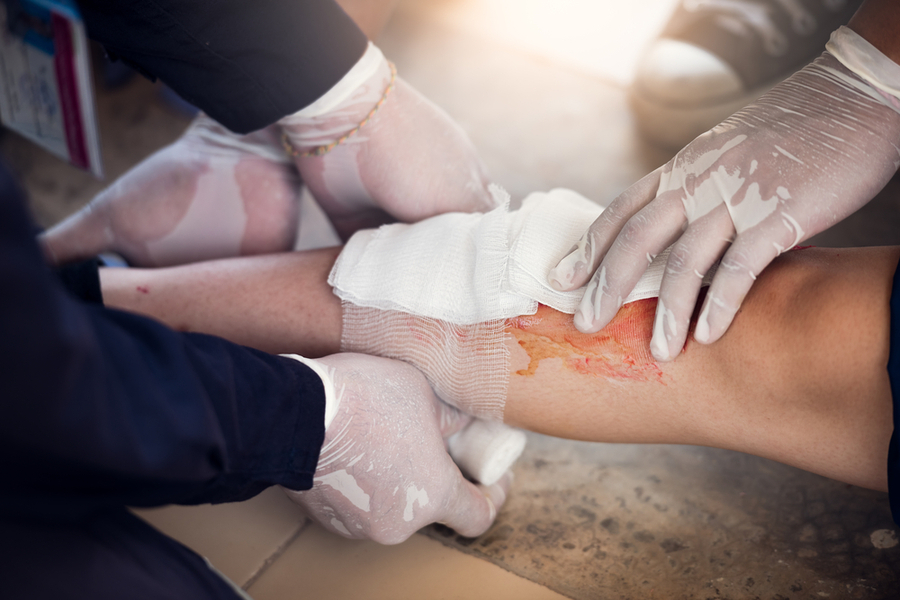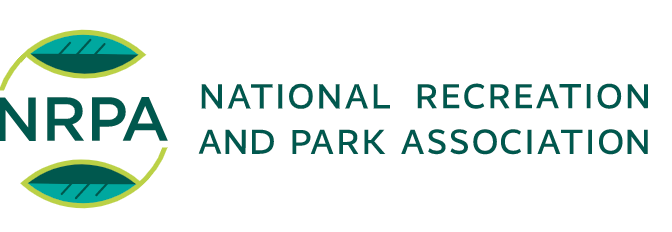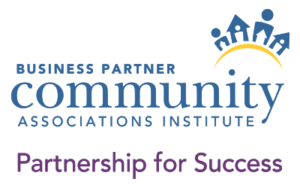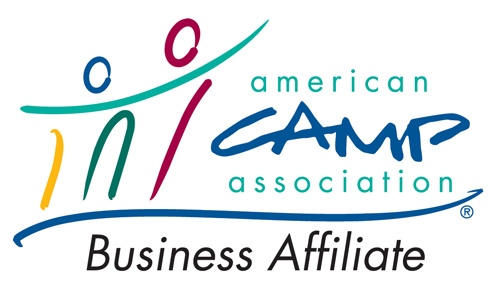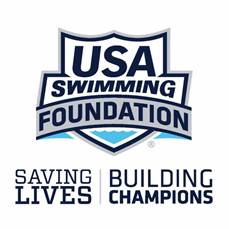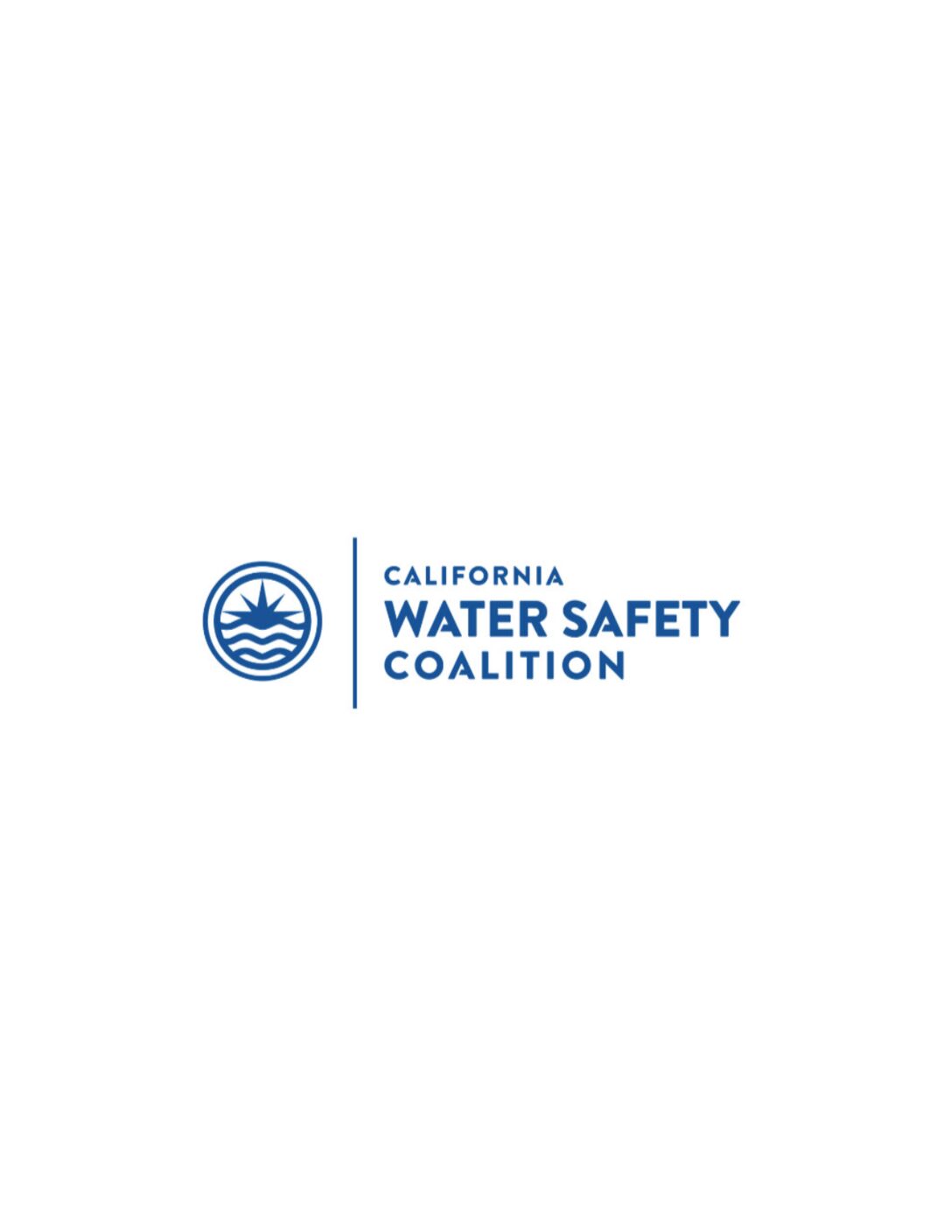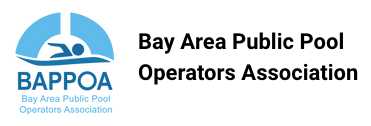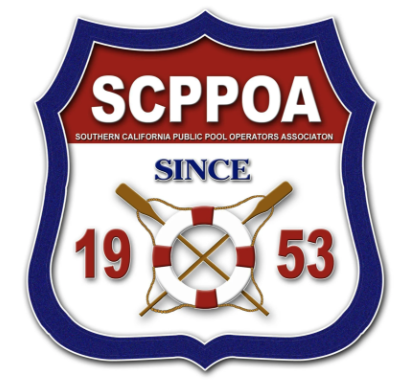Basic Life Support
American Red Cross Basic Life Support Certification valid for 2 years.
The American Red Cross Basic Life Support (BLS) course provides participants with the knowledge and skills they need to assess, recognize and care for patients who are experiencing respiratory arrest, cardiac arrest, airway obstruction or opioid overdose. When a patient experiences a life-threatening emergency, healthcare providers need to act swiftly and promptly. The course emphasizes providing high-quality care and integrating psychomotor skills with critical thinking and problem solving to achieve the best possible patient outcomes
Course Options
BLS is available through two different delivery formats: Instructor-Led (Classroom) and Blended Learning. Abbreviated versions of the instructor-led course are available with the Review course and Challenge options.
